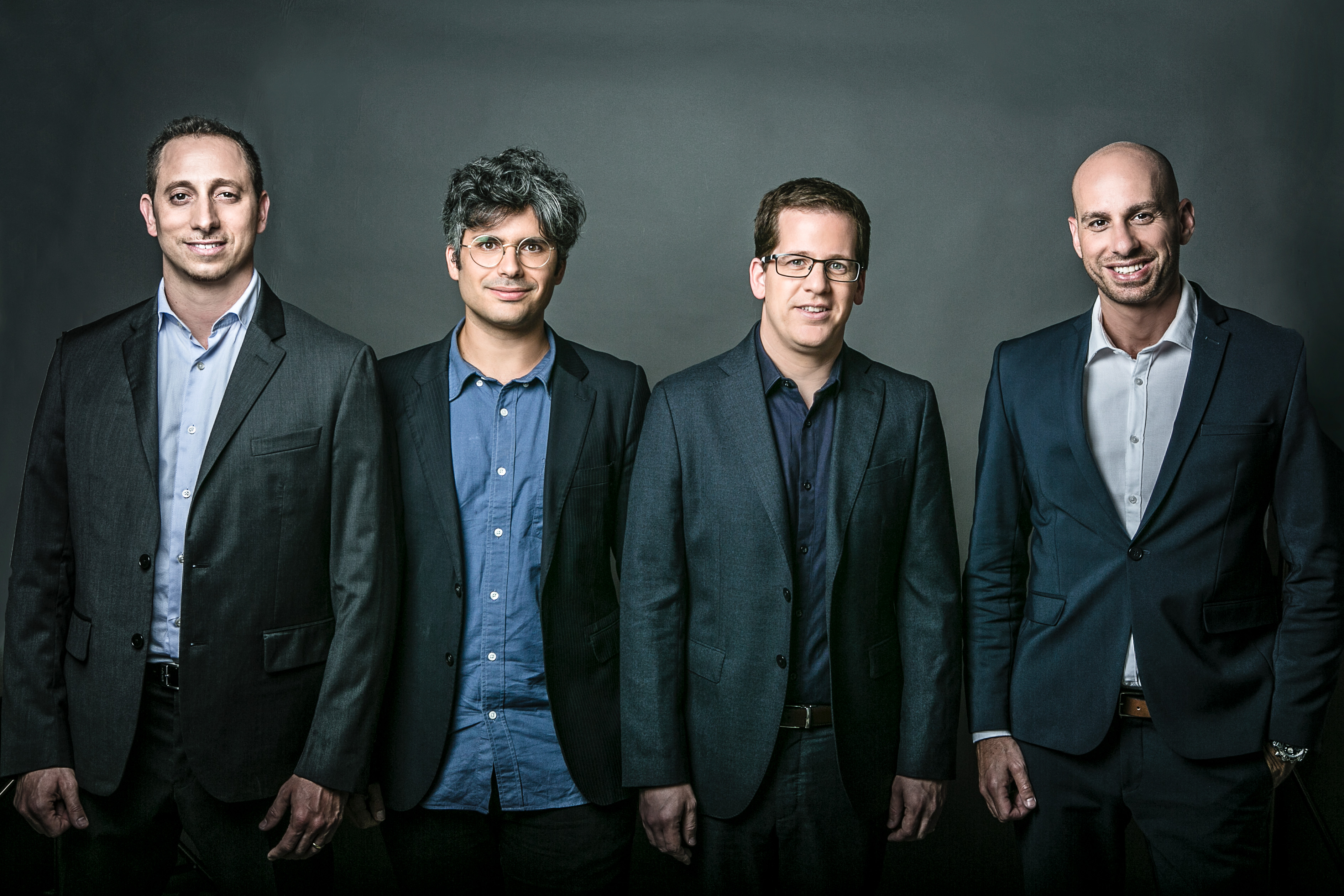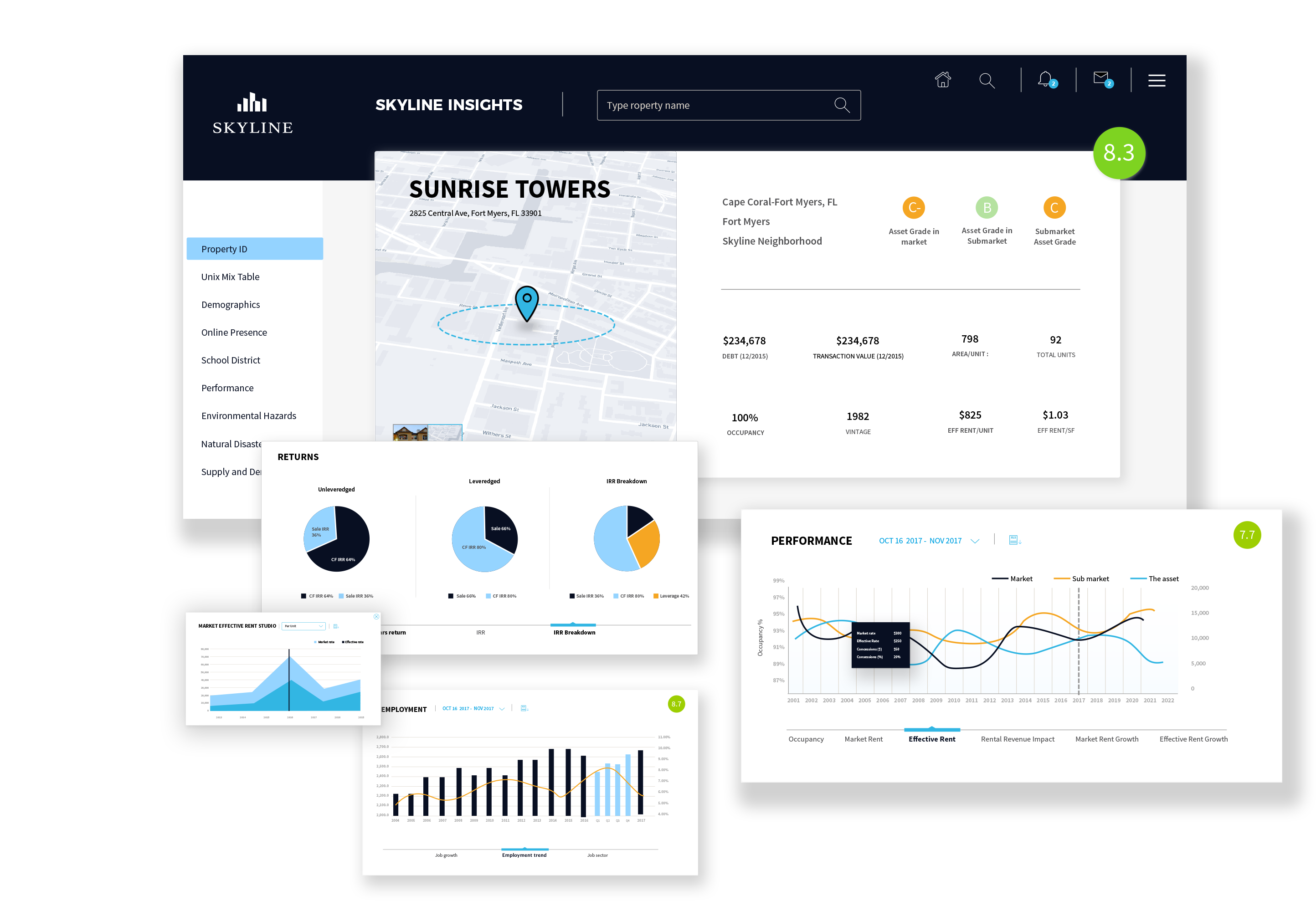Music
Trailers
DailyVideos
India
Pakistan
Afghanistan
Bangladesh
Srilanka
Nepal
Thailand
StockMarket
Business
Technology
Startup
Trending Videos
Coupons
Football
Search
Download App in Playstore
Download App
Best Collections
Technology

July will go down in the Microsoft Patching Halls of Infamy as one of the worst months ever. Every version of Win10 got three big cumulative updates, and a fourth should be hot on their heels. Let that sink in for a second: Windows patches used to come out once a month, then twice, and now we&re up to three or four a month, sprinkled on random days of the month. And they&re big bunches of fixes.
- Details
- Category: Technology
Read more: If at first you don’t succeed, .Net, .Net, .Net again
Write comment (93 Comments)
While wireless charging pads have become more commonplace over the past year or so & spurred on by Apple's release of its iPhone 8 and X lines and the company'supcoming AirPower wireless charger& the future of wireless charging may still be up in the air.
The ability tocharge hardware over distances of several meters has always seemed just around the corner, even when companies first announced the technology years ago. Now, however, some of the companies behind wireless charging haveannounced partnerships with electronics industry stalwarts, paving the way for actual product shipments.
- Details
- Category: Technology
Read more: The state of wireless charging: 2018 and beyond
Write comment (92 Comments)The data center where this pilot fish works relies heavily on one major IT vendor -- but the company's CEO is having second thoughts about that.
"He thinks our favorite vendor might be charging a lot for less than the best technology," says fish. "So we buy a fully redundant box from a different, younger vendor, and we put it to work automating a time-critical data acquisition.
"Every day it does its thing -- well, almost every day. Every month or so, it does not fetch the critical data on time. We research the issue and determine that the data source is occasionally not ready at the deadline.
"But when we explain this at the IT operations meeting, the other attendees are clear they think we are covering up the fact that the real problem is the worthless 'foreign' computer.
- Details
- Category: Technology
Read more: Forget the facts -- we want something to blame!
Write comment (97 Comments)Facebook has been given the go ahead to appeal to IrelandSupreme Court against an earlier High Court decision to refer key questions relating to the validity of EU-US data flows to Europetop court, the Irish Times reports.
The eventual outcome of what is already years of legal to-ing and fro-ing — in a case thatcolloquially referred to as ‘Schrems II& — could have major implications for the thousands of companies that rely on transferring EU citizens& personal data to the US for processing.
The case was originally lodged with the Irish Data Protection Commission by European privacy campaigner, Max Schrems —as a complaint over the legality of Facebookuse of Standard Contractual Clauses (SCCs) for transferring EU citizens& data.Although it was Ireland&sDPC that took the decision to go to court— seeking a definitive ruling on the legality of the data transfer mechanism.
The High Court then added its concerns about another mechanism: The EU-US Privacy Shield.
Facebook is disputing the courtearlier findings, including of &mass indiscriminate processing& of data by U.S. government agencies — under the PRISM and Upstreamdata harvesting programs (details of which were made public in documents released in 2013, by NSA whistleblower Edward Snowden).
InMayFacebook was denied a stay against the CJEU referral by the High Court. So the decision by the Supreme Court to hear its appeal sidesteps that earlier block — albeit, the referral to the CJEU stands, and has neither been blocked nor revoked by todaydecision.
However, if the Supreme Court hears Facebookappeal before the end of the year — as slated — thatlikely to be before the CJEU delivers its verdict on the referred questions. So thereat least a possibility that the outcome of the Irish appeal could feed into the CJEU judgment, i.e. when Europesupreme court conducts its own assessment of the validity of EU-US data transfer mechanisms.
Equally, thereno guarantee that Facebookarguments will persuade IrelandSupreme Court judges there was anything wrong with the High Courtfindings of fact in the first place.
The companydecision to ask the Supreme Court to hear its appeal against the High CourtCJEU referral lacks precedent in Ireland — so the company is challenging local case law.
The Irish Times reports that the judges rejectedarguments made by the DPC and Schrems against the appeal, deeming it &at least arguable& that Facebook could persuade the court that at least some of the facts under challenge should be reversed.
According to the newspaper, the court granted Facebook leave to appeal on all eleven grounds which its lawyers had presented.
It was also eleven questions that the High Court referred to the CJEU in April — seeking guidance on a range of fine-grained points around whether rights afforded to EU citizens are being adequately protected by the current data transfer mechanisms and regimes, including Privacy Shield and SCCs; how to determine which rules and regulations take precedence across borders and/or where legal priorities clash and overlap; and whether, in cases of rights violations caused by surveillance law, data protection authorities have to suspend data flows or whether they can use discretion to not do so.
The case is based on an even earlier (2013) complaintby Schrems, related to US surveillance law,when he challenged Facebook (and other tech giants) over how user data they held was accessed by US intelligence agencies under US government mass surveillance programs — arguing such bulk access contravenes Europeans& fundamental privacy rights.
The result, in 2015, wasa landmark CJEU judgementwhich struck down a long-standing EU-US data transfer mechanism (called Safe Harbor).
The European Commission has since negotiated an updated replacement mechanism (aka: The EU-US Privacy Shield) — which is now used by more than 3,400 companies to simplify the process of authorizing transfers of EU citizens& personal data to the US.
However this replacement is under increasing attack at home, with European MEPs angry at decisions taken by the current US administrationwhich they see as counter to the spirit of the agreement and/or risking undermining actual protections agreed by EU and US negotiators during the Obama presidency.
US lawmakers& continued backing for warrantless surveillanceis one example — when the hope in Europe had rather been for reform of Section 702 of FISA, not the six-year renewal that Trump signed off on.
The Trump administration has also failed to fully enact certain aspects of the Privacy Shield arrangement (two years on from launch therestill no permanent appointment to an ombudsperson role intended to handle EU citizens& complaints, for example).
And in June the EU ParliamentLIBE committee called for Privacy Shield to be suspended by September 1 unless the US comes into full compliance. Earlier this month the EU parliament also adopted aresolutioncalling for the suspension of the EU-US Privacy Shield.
The annual review of the Privacy Shield mechanism is due to take place in October — so Commission really needs to eke out some substantial concessions from its US counterparts or face further political heat in its own backyard.
Aside from the CJEU, the Commission is the only EU institution with the power to suspend Privacy Shield, although the executive body has shown no appetite for that. Rather its priorities align with ensuring ‘business as usual& — at least where all important data flows are concerned — vs taking a principled stance in defense of EU citizens& fundamental rights. For that, Europeans typically have to look to the courts. Or, sometimes, the parliament.
The Irish Times reports that Facebookgrounds for appeal to the Supreme Court in the Schrems II case include the necessity of the High Court making a reference in light of Privacy Shield — with the company arguing the court is bound by the finding on US law contained within the Privacy Shield decision. (A decision that was, however, made by the Commission, not by an EU court.)
It also argues that the High Court should have taken into account the effect of the introduction of the EUGeneral Data Protection Regulation on the legal context which will operate when the CJEU comes to consider the reference — with the referral taking place prior to GDPR coming into force on May 25.
The company is also claiming the court made several errors in its assessment of US law —including in its finding of &mass indiscriminate& processing; and that US laws and practices did not provide EU citizens with an effective remedy, as required under the EUCharter of Fundamental Rights, for breach of data privacy rights.
We&ve reached out to Facebook and to Schrems for comment on the appeal.
- Details
- Category: Technology
Facebook plan to take on Musical.ly may involve more than just its own take on a lip syncing feature.It appears to also be working on something called &Talent Show,& which would allow users to compete by singing popular songs then submitting their audition for review. The feature isn&t live, but was rather uncovered in the Facebook appcode by researcher Jane Manchun Wong.
Wong has a history of uncovering yet-to-launch features or those still in testing through the use of reverse engineering tactics. She has previously spotted things like Instagramfirst time-well-spent feature, Lyftunlaunched bike or scooter program, Instagramupgraded two-factor authentication system, new ways of displaying IGTV videos, and more.
In the case of &Talent Show,& Wong has discovered an interface that allow users to pick a song from a list of popular tunes, which is then followed by a way to start recording yourself singing the track in question.
The appcode also makes references to the feature as &Talent Show& and includes mentions of elements like &audition& and &stage.& The auditions are loaded as videos, Wong notes.
The development would offer Facebook another way to take advantage of its more recently acquired music licensing rights. The company, starting last year, began forging deals with all the record labels & including the majors like Universal, Sony,andWarner, and several others, as well as the indies. The deals mean Facebook won&t have to take down users& videos with copyrighted music playing in the background, for starters. But the company also said it planned to leverage its rights to develop new &music-based& products going forward.
One of those is Lip Sync Live, an almost direct copy of the popular tween-and-teen lip syncing app Musical.ly, which today has 200+ million registered users and 60 million actives. Like Musical.ly, Lip Sync Live & which is still in testing & a way to broadcast your lip sync recordings to friends.
Talent Show (assuming the code analysis is on point) seems to take a different angle. Instead of lip syncing for fun, people are actually singing and competing. However, Wong notes that the feature may be restricted to Facebook Pages, similar to Facebooknew trivia game show feature. That is, it may be offered to partners who are building out games on their own pages, and are using Facebookplatform to do so.
Wong also confirms that Talent Show sources the music via the new Rights Manager, used by the record labels to track copyrighted tracks& usage on Facebook.
Over the years, Facebook has taken aim at any other social app that gathers a following and then reproduces its own version of the appkey draw & as it did with Stories, Snapchatbiggest differentiator. Itno surprise, then, that it now has Musical.ly in its sights, with regard to lip syncing. And with the Talent Show feature, it could be trying to challenge YouTube as the place where new singing talent can be discovered, too.
If Facebook offers a comment, we&ll update this post.
- Details
- Category: Technology
Read more: Facebook is developing a singing talent show feature
Write comment (100 Comments)
Skyline AI founders Iri Amirav, Or Hiltch, Guy Zipori and Amir Leitersdorf
A mere four months after coming out of stealth mode with $3 million in seed funding, real estate investment startup Skyline AI announced that it has raised an $18 million Series A. The round was led by Sequoia Capital, a returning investor, and TLV Partners, with participation from JLL Spark, a division of real estate investment management firm JLL. The strategic funding will allow Skyline AI to add more asset classes to its platform, which uses data science and machine learning algorithms to help institutional investors make better decisions about properties.
Skyline AI says its technology is trained on what it claims is the most comprehensive data set in the industry, drawing from more than 100 sources, with market information covering the last 50 years. Its technology is meant to provide faster and more accurate analysis than traditional methods, so investors can react more quickly to changes in the real estate market.
Co-founder and CEO Guy Zipori told TechCrunch in an email that the startup decided to raise its Series A so soon after coming out of sleath because of positive response from investors, adding that the round was oversubscribed. &The timing of the round also worked out perfectly with our current deal flow and expansion plans. The round was significant, putting us in a great position to move forward,& he said.
Skyline AI has had a busy few months since emerging from stealth. In June, it teamed up with an unnamed partner in the U.S. to acquire two residential complexes in Philadelphia for $26 million. Zipori said they decided to make an unsolicited offer after Skyline AIplatforms determined the properties were being mismanaged. Then in July, Skyline AI announced a partnership with Greystone, a real estate lending, investment and advisory firm, to collaborate on improving the dealmaking and loan underwriting processes.

JLL and other strategic investors in Skyline AISeries A will allow the startup to add analysis and underwriting for new asset classes, including industrial, retail and office properties, to its platform. &This in turn will enable us to deepen and strengthen cooperation with the leading commercial real estate investment firms across the U.S.,& said Zipori. Some of the capital will also be spent on growing its research and development, data science and AI teams in Tel Aviv, and its recently opened sales and real estate office in New York.
In a press statement, Sequoia Capital partner Haim Sadger said &Over the last few years, we&ve seenAIdisrupt a number of traditional industries and the real estate market should be no different. The power ofSkylineAItechnology to understand vast amounts of data that affect real estate transactions, will unlock billions of dollars in untapped value.&
- Details
- Category: Technology
Page 4583 of 5614

 6
6





